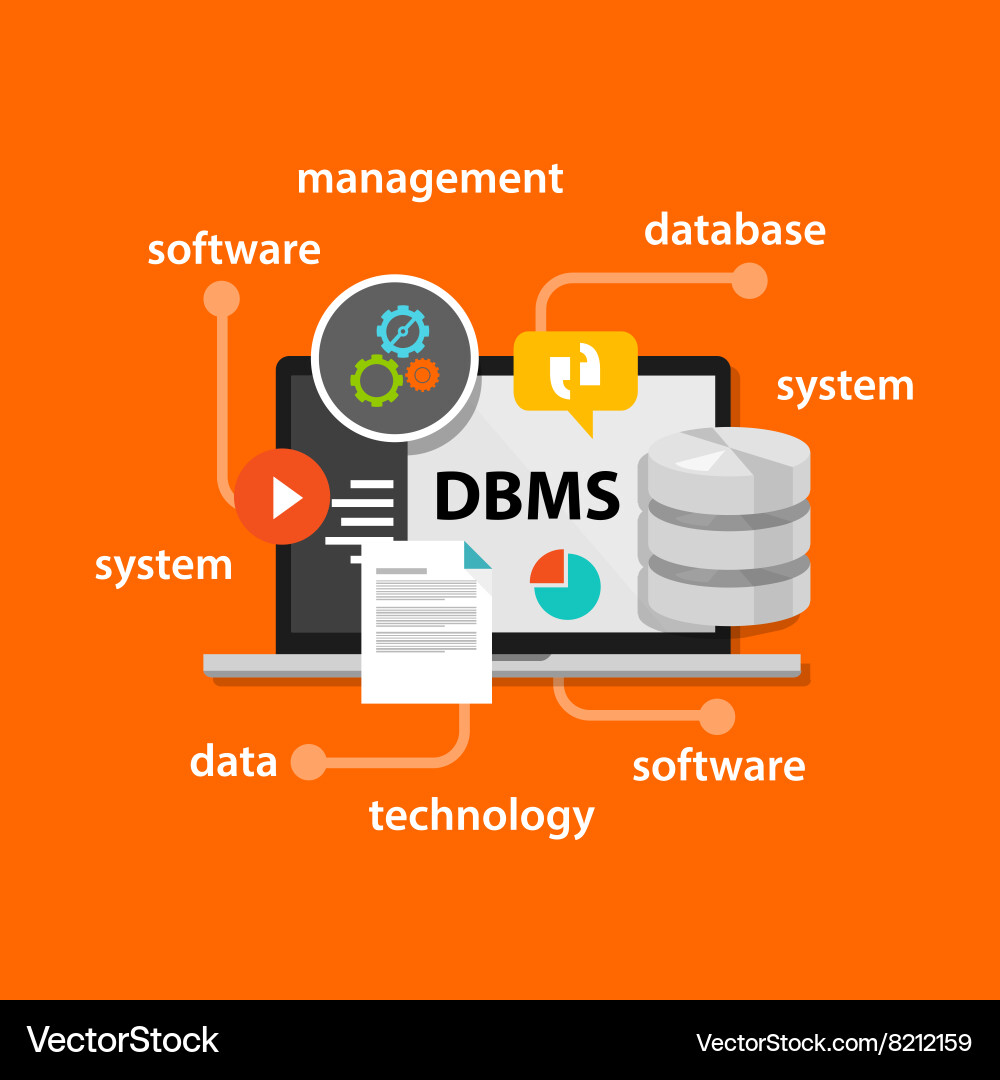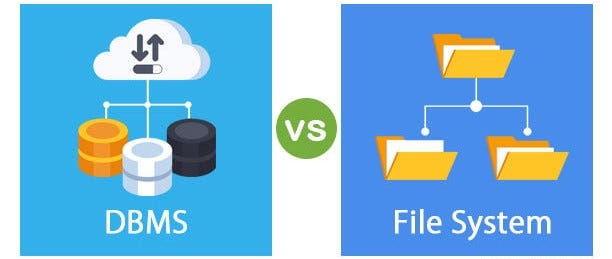Comparing DBMS and Flat Files: Key Differences
 Anubhav Kumar Gupta
Anubhav Kumar Gupta

The Pain Points of Flat Files
Before we dive into the wonders of DBMS, let's quickly acknowledge the challenges we faced in the old days with flat files. Imagine trying to manage a massive spreadsheet for your entire company's data.
Sounds like a nightmare, right?
Complexity: Managing data through application programs was like trying to solve a complex puzzle. Every change was a potential headache.
Performance Issues: Accessing data was slow and inefficient, as the system had to hunt through vast files.
Limited Sharing: Only a few users could work with the data at a time, leading to bottlenecks and frustration.
Data Redundancy: Keeping data consistent across multiple files was a daunting task, prone to errors.
Security Concerns: Protecting sensitive information was a major challenge due to the lack of granular control.
The DBMS: Your Data's Superhero
Enter the Database Management System (DBMS)! Think of it as the ultimate data organizer, providing a structured and efficient way to manage your information.
Let's explore its superpowers:
Data Independence:
DBMS allows you to access data without worrying about its physical storage location.
This means you can focus on getting the information you need, not on how it's stored.
Improved Performance:
Indexing and efficient data storage techniques ensure that you can quickly retrieve the data you need.
No more waiting around!
Concurrency Control:
Multiple users can access and modify data simultaneously without causing conflicts.
It's like having a well-managed traffic system for your data.
Data Integrity:
DBMS helps maintain data accuracy and consistency by enforcing rules and preventing redundancy.
Say goodbye to data errors!
Security and Access Control:
- You can define different levels of access for different users, protecting sensitive information and ensuring data privacy.
Here’s a table that summarizes the advantages of DBMS over flat files:
| Feature | DBMS Advantage | Flat File Disadvantage |
| Data Independence | Access data without knowing storage details (SQL queries) | Complex application programs needed |
| Performance | Faster data access with indexing | High I/O cost to access data |
| Concurrency | Multiple users can access data simultaneously | Limited concurrency |
| Data Integrity | Enforces data rules and reduces redundancy (normalization) | Complex to maintain non-redundant data |
| Security | Granular access control for different users | Complex to provide different access levels |
Subscribe to my newsletter
Read articles from Anubhav Kumar Gupta directly inside your inbox. Subscribe to the newsletter, and don't miss out.
Written by

Anubhav Kumar Gupta
Anubhav Kumar Gupta
I'm Anubhav Kumar Gupta, a passionate Data Engineer at Infometry Inc. with expertise in Python, SQL, and Data Engineering. I love solving complex problems, optimizing data pipelines, and integrating back-end technologies.